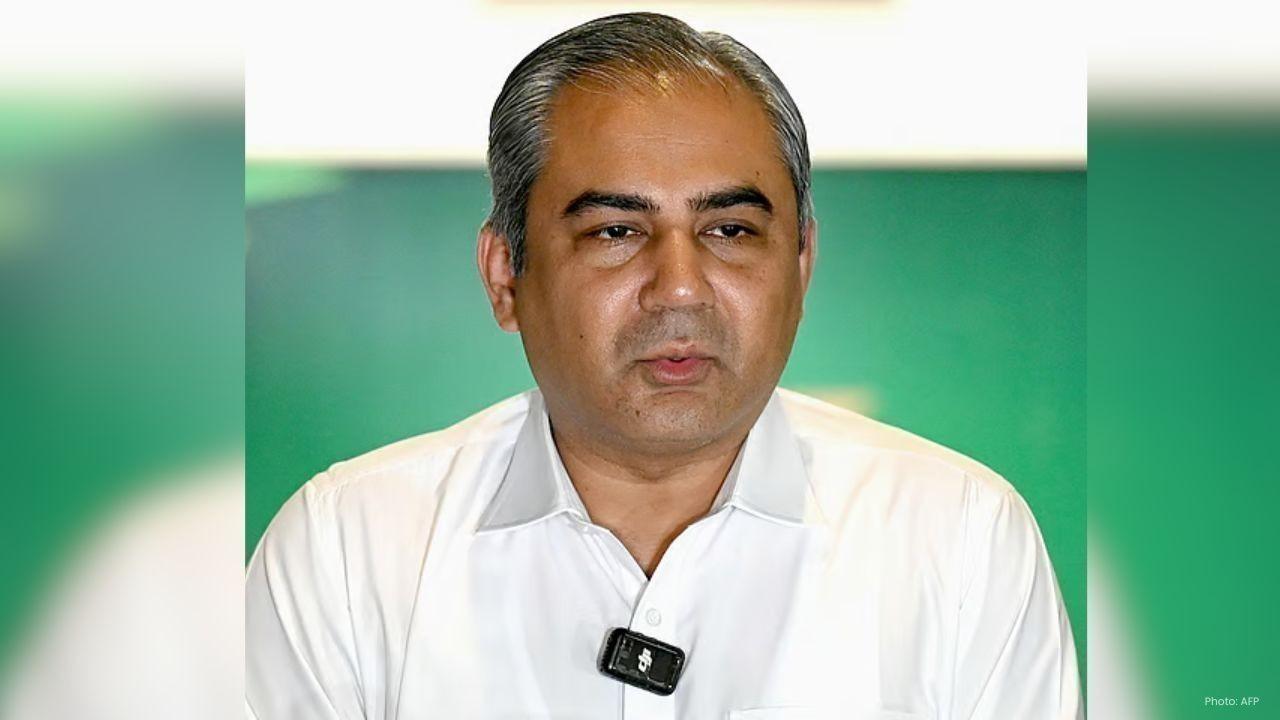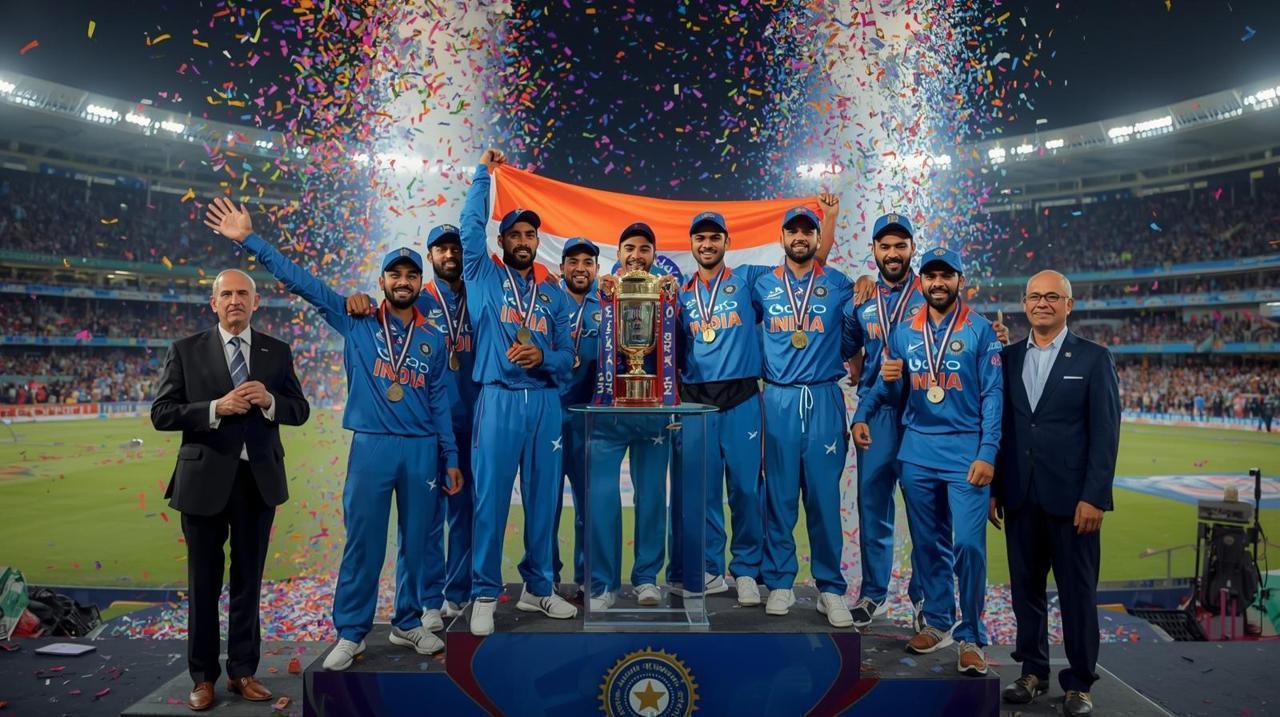
Post by : Monika
On September 26, 2025, the United States informed India that reducing its imports of Russian oil is a crucial condition for progress in ongoing trade negotiations between the two countries. The U.S. views India’s reliance on Russian oil as a challenge to its broader strategy of isolating Russia economically and pushing for an end to the war in Ukraine.
This development underscores the complex relationship between trade, energy policy, and geopolitics. While the U.S. seeks to weaken Russia’s revenue sources, India is focused on securing affordable energy supplies to support its growing economy.
Background of the Issue
The United States has already imposed additional tariffs on Indian goods, raising them to 50%, as leverage to influence India’s policies. President Donald Trump emphasized the importance of strong pressure to achieve strategic objectives. He expressed frustration over what he considers slow progress in resolving the conflict in Ukraine.
India, along with China, is one of the major buyers of Russian oil. This has drawn criticism from the United States, which sees continued Russian oil purchases as undermining Western sanctions aimed at isolating Moscow. However, Trump has refrained from applying similar sanctions pressures on China amid sensitive trade negotiations, highlighting a selective approach based on diplomatic priorities.
India has defended its decision to continue buying Russian oil, calling it an economically necessary choice. Indian officials argue that these imports allow the country to meet its energy demands while benefiting from discounted prices.
They also highlight the contradiction in Western nations continuing trade with Russia despite imposing sanctions, emphasizing India’s right to secure affordable energy for its citizens.
India’s Energy Needs
India is one of the fastest-growing economies in the world, with energy demands increasing rapidly to support industrial growth, urban development, and transportation needs. The country relies heavily on imported oil to meet its energy requirements, as domestic production is not sufficient to cover demand.
Russian oil offers a cost-effective option due to discounted pricing and long-term supply agreements. Indian policymakers have argued that cutting off Russian oil abruptly would negatively affect the economy, raising fuel costs and increasing inflation. They stress that energy security is a national priority and cannot be compromised for external pressures.
US Perspective and Geopolitical Goals
The United States has maintained that reducing Russian oil exports is essential to weaken Moscow financially and end the war in Ukraine sooner. By pressuring countries like India to limit their purchases, the U.S. aims to reduce Russia’s revenue streams and isolate it economically.
President Trump has expressed concern over the slow progress toward ending Russia’s conflict in Ukraine, which he pledged to address during his administration. He has signaled that maximum leverage, including trade tariffs and diplomatic pressure, will be used to achieve this goal. Linking trade negotiations with India to energy policy is part of this broader strategy.
Trade Deal Dynamics
Trade negotiations between the U.S. and India have been ongoing, with both sides seeking to expand market access and resolve issues related to tariffs, trade deficits, and intellectual property. The U.S. has indicated that progress on the trade deal will be contingent upon India addressing its energy purchases from Russia.
This condition adds complexity to the negotiations. India must balance its economic interests with diplomatic considerations, particularly as its energy imports are vital for sustaining economic growth. The trade deal is important for both countries, as it could expand U.S.-India trade flows, create new investment opportunities, and strengthen strategic partnerships.
The U.S. strategy highlights the interconnectedness of energy policy and trade. Tariffs are being used not only to improve trade terms but also to influence India’s geopolitical behavior. This approach illustrates how economic tools are being applied to address global security concerns, particularly regarding Russia and the ongoing war in Ukraine.
Global Energy Market Implications
India’s decision to import Russian oil has broader implications for the global energy market. Russia is one of the world’s largest oil producers, and its exports influence global oil prices. By continuing to buy Russian oil, India and other countries help stabilize Moscow’s revenue, which the U.S. sees as counterproductive to its sanctions regime.
The U.S. aims to disrupt Russia’s oil supply chain and encourage countries to seek alternative sources. Reducing Russian oil exports could increase global oil prices temporarily, but it would also weaken Russia’s ability to fund its military operations. This strategy demonstrates the complex link between energy markets and international politics.
India, meanwhile, must navigate these market dynamics carefully. Cutting off Russian oil suddenly could create short-term supply shortages, affecting domestic industries and consumers. Maintaining energy security while responding to international pressures is a delicate balancing act for New Delhi.
Economic and Political Considerations in India
India’s economy depends on affordable energy to sustain growth, generate jobs, and support industrial development. Oil is a major input in manufacturing, transportation, and power generation, making it critical for economic stability. Any disruption in supply or increase in prices could affect inflation, transportation costs, and overall economic growth.
Politically, India must also consider domestic public opinion. Fuel prices are a sensitive issue, and sudden increases could lead to public dissatisfaction and political challenges. Policymakers must weigh these internal considerations against external pressures from the United States and other countries.
At the same time, India wants to maintain strategic independence in its foreign policy. While it values its relationship with the U.S., it seeks to avoid being dictated to in matters of national interest, such as energy security. This stance reflects India’s broader approach to international relations, balancing cooperation with major powers while preserving autonomy in key policy areas.
Possible Outcomes and Future Scenarios
The outcome of the U.S.-India discussions on Russian oil imports will have several consequences:
Trade Deal Advancement: If India agrees to reduce Russian oil imports gradually, it may unlock progress in the trade negotiations, including lower tariffs and greater market access for U.S. goods in India.
Economic Impact on India: Reducing Russian oil purchases could temporarily increase India’s energy costs. Policymakers would need to manage the economic impact carefully to prevent inflation and industrial slowdowns.
Geopolitical Implications: Compliance with U.S. demands would signal India’s willingness to support Western sanctions on Russia, potentially strengthening its strategic alignment with the U.S. Conversely, resistance could strain relations with Washington while maintaining independence in foreign policy.
Global Energy Market Effects: Reduced Russian oil exports would influence global supply and demand, potentially raising oil prices temporarily but weakening Russia’s revenue. This could have ripple effects on international markets, trade flows, and regional energy dynamics.
The U.S.-India discussions over Russian oil imports demonstrate how energy policy and international trade are closely linked to global geopolitics. The United States is using economic pressure, including tariffs and trade negotiations, to influence India’s energy decisions and weaken Russia economically.
India, meanwhile, is focused on securing affordable energy to support its growing economy. Balancing domestic economic needs, strategic autonomy, and diplomatic relationships is a complex task for Indian policymakers.
The resolution of this issue will not only affect U.S.-India trade relations but also have broader implications for the global energy market, Russia’s economic position, and the geopolitical balance in Asia and beyond.
As negotiations continue, both countries face the challenge of finding a path that satisfies economic, political, and strategic objectives, while maintaining stability in international relations. How India responds to U.S. demands on Russian oil imports will be closely watched by governments, energy markets, and international observers around the world.
Ultimately, this situation highlights the interconnected nature of trade, energy, and geopolitics. Decisions made by India, the U.S., and Russia will affect not only bilateral relations but also the broader stability of global markets and regional security.
US-India trade deal Russian oil imports India energy security










Sinner & Swiatek Shine at China Open: Semifinal Spots Secured
Jannik Sinner and Iga Swiatek advance to the semifinals at the China Open. Read about their victori

Michigan church attack kills 4, injures 8 in shocking violence
A gunman drove into a Michigan church, fired shots, set fire, killing 4 and injuring 8 before police

Moldova’s Pro-EU Party Secures Majority in Key Vote
Moldova’s pro-European PAS wins a strong majority in the parliamentary election, weakening pro-Russi

Gabriel’s late header gives Arsenal 2-1 win at Newcastle
Arsenal snatch dramatic 2-1 win at Newcastle as Gabriel heads the winner in stoppage time; Merino eq

Air France Flight 447 Trial Opens 16 Years After Tragic Crash
Sixteen years after the Air France Flight 447 crash, a trial opens against Air France and Airbus. Le

Europe close to Ryder Cup win after strong weekend play
Team Europe is on the verge of winning the Ryder Cup, showing great form in Italy and needing only a